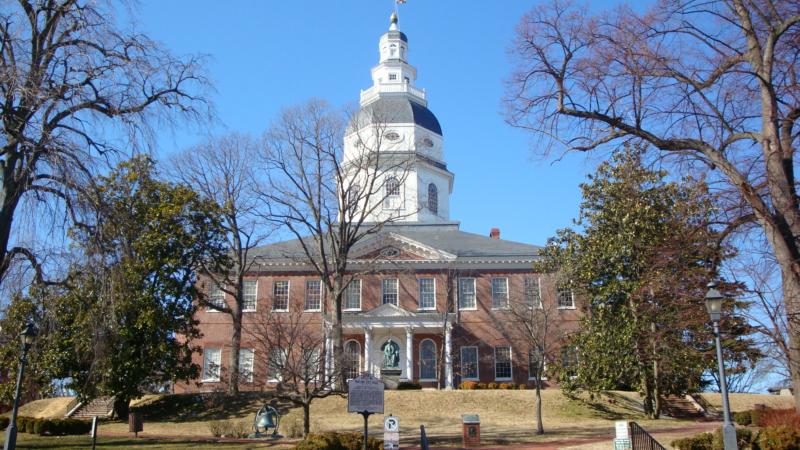The Maryland General Assembly is considering a bill that would legalize the use, possession and growth of marijuana statewide. Sen. Jamie Raskin, D-Montgomery, and Del. Curt Anderson, D-Baltimore, proposed the Marijuana Control Act of 2014 which would allow for the sale and taxation of cannabis to be regulated much like alcohol. Well, it’s about time.
Maryland’s push for legalization comes at the heels of Colorado and Washington’s recent referendum votes to legalize in November 2012, and is part of a nationwide trend of Americans waking up to the realities of the marijuana debate. Gallup’s October 2013 poll revealed that, for the first time ever, a majority (58%) of Americans support the legalization of cannabis, up 10 percentage points from last year.
The movement of public opinion toward legalization isn’t some fad driven by potheads; it’s entirely rational for users and non-users alike. Jeffrey Miron, senior lecturer in economics at Harvard University, noted that marijuana prohibition costs $8.7 billion to enforce and prevents the collection of $8.7 billion in tax revenue. Adjusted for inflation, we’re forgoing about $20 billion dollars annually for marijuana prohibition. But the cost of prohibition isn’t solely monetary; there is an additional human cost of 750,000 arrests per year, congesting an already overburdened legal system with “criminals” who’ve harmed no one.
Legalization is the best path forward not only economically and socially, but medically as well. The body of peer-reviewed, double-blind human studies consistently attests both to marijuana’s safety and medical efficacy, and thousands of people live richer, healthier lives thanks to having access to cannabis.
But the bill seeks to legalize marijuana, not just medical marijuana, and the majority of marijuana use will likely be recreational if the General Assembly passes the Marijuana Control Act of 2014. But this should be of absolutely no concern; in fact, it’s a great thing.Legalization, as Sen. Raskin and Del. Anderson point out, would shift traffic away from street dealers and toward legitimate establishments. Legitimate establishments check their customers’ IDs to check that they aren’t minors, something street dealers have never done and never will do. The drug dealer on the corner doesn’t care if someone is 21 or 12; there’s no time to worry about that when there’s a sale to be made. Opening a path for acceptable recreational use not only respects the autonomy of those who choose to use marijuana, but keeps children safer as well.
On the subject of safety, the proposed law aims to lower marijuana’s regulatory status to the level of alcohol, a far deadlier vice.
Don’t you remember the time when that group of guys smoked a lot and started a fight? Remember when that student smoked too much and had to get rushed to the hospital on a stretcher? What about the time that woman died of cannabis poisoning? Do you remember when that man smoked too much weed and assaulted his family?
Neither do I. In fact, I seem to recall something different: that over 26,000 people die each year of alcohol poisoning and alcohol dependency induced ailments like liver failure. Compared to marijuana’s death toll of 0, the situation becomes quite clear.
It’s time to legalize marijuana in Maryland. It’s safe, it has scientifically demonstrated medical uses, and it takes power out of the hands of drug dealers on the streets. Maintaining prohibition costs far too much from both a monetary and human standpoint. Moreover, violating the autonomy of people over such an innocuous substance is unjustifiable—especially considering that alcohol is legal, yet more dangerous than cannabis by orders of magnitude.
Fellow Marylanders, I’m sending my State Delegates and State Senator letters about this issue and I implore you to do the same. To find out who your representatives are in the House of Delegates and State Senate, visit mdelect.net/ and enter your address in the bar at the top of the page, then contact your representative and let them know how important it is to pass the Marijuana Control Act of 2014. Colorado and Washington led the way for sensible marijuana controls, and now in Maryland we have our chance to follow suit.












































































































